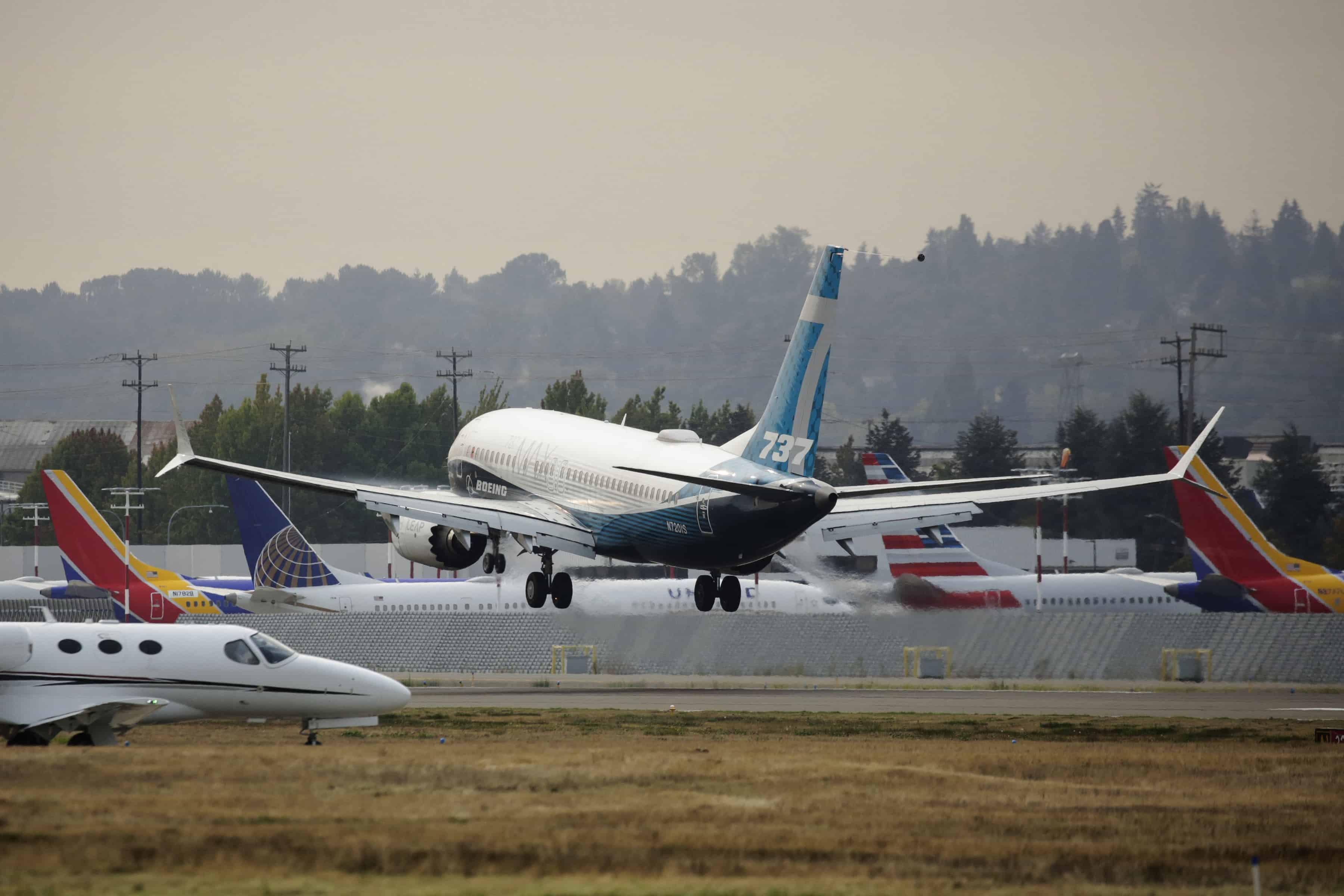The United States will gradually permit more 5G telecommunications service near airports, but a long-term solution on air safety concerns will take at least a year, a senior regulator said Thursday.
Federal Aviation Administration (FAA) chief Steve Dickson, said the agency will “continue to shrink the problem” in the coming months, but a final resolution would not be ready until “probably early 2023” or later.
Dickson appeared at a congressional hearing focused on the implementation of 5G service in the United States, which was repeatedly delayed due to concerns the signals would interfere with radio altimeters that allow aircraft to conduct low-visibility landings.
On January 18, Verizon and AT&T agreed to delay 5G implementation at some airports. Since then, the FAA has been gradually clearing more aircraft following a review.
The regulator has said about 90 percent of US commercial aircraft have been cleared for most low-visibility approaches in areas with 5G, but airlines have had to ground or reroute some planes that have not been cleared.
Dickson said the agency expects to ultimately issue air worthiness standards that will spell out the upgrades needed for all planes to ensure there is no interference with 5G.
During the lengthy hearing, lawmakers from both parties expressed frustration with the implementation of 5G.
The telecom companies modified their plans only after an outcry from airlines warning of mass disruption shortly before the planned ramp-up, a process described as “harrowing” by one witness Thursday.
Dickson said a source of the problem had been lack of data on telecommunications signals, which had not been submitted to regulators at the Federal Communications Commission (FCC) until very recently.
Dickson said there has been significant improvement in information sharing with the FCC and telecommunications companies, but conceded that “the process didn’t serve anybody well.”
The FCC did not testify at the hearing.








